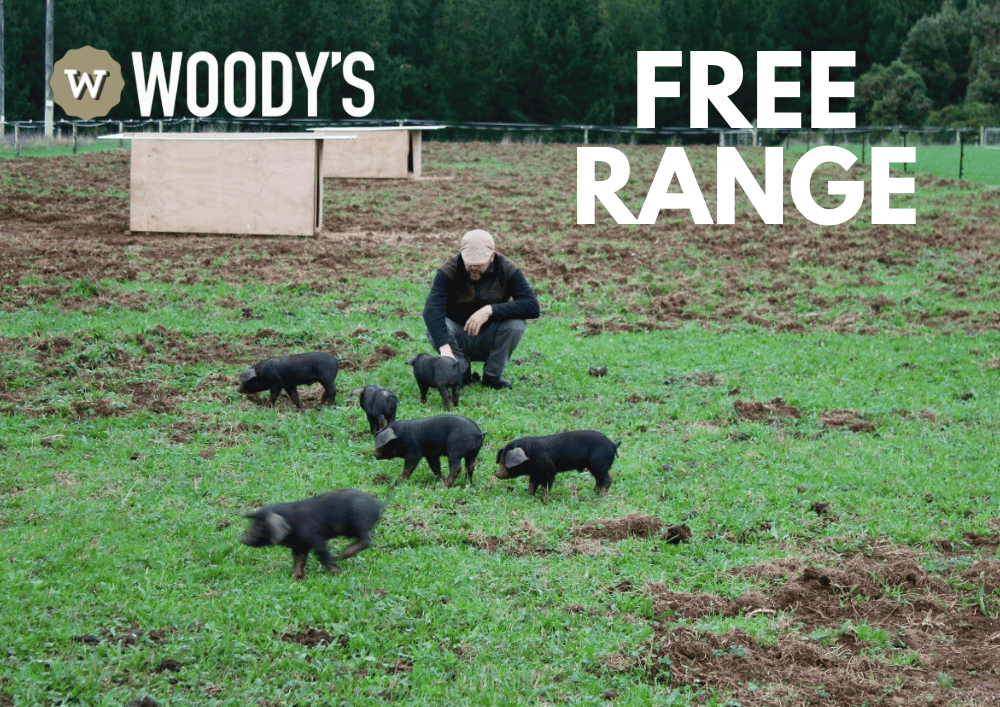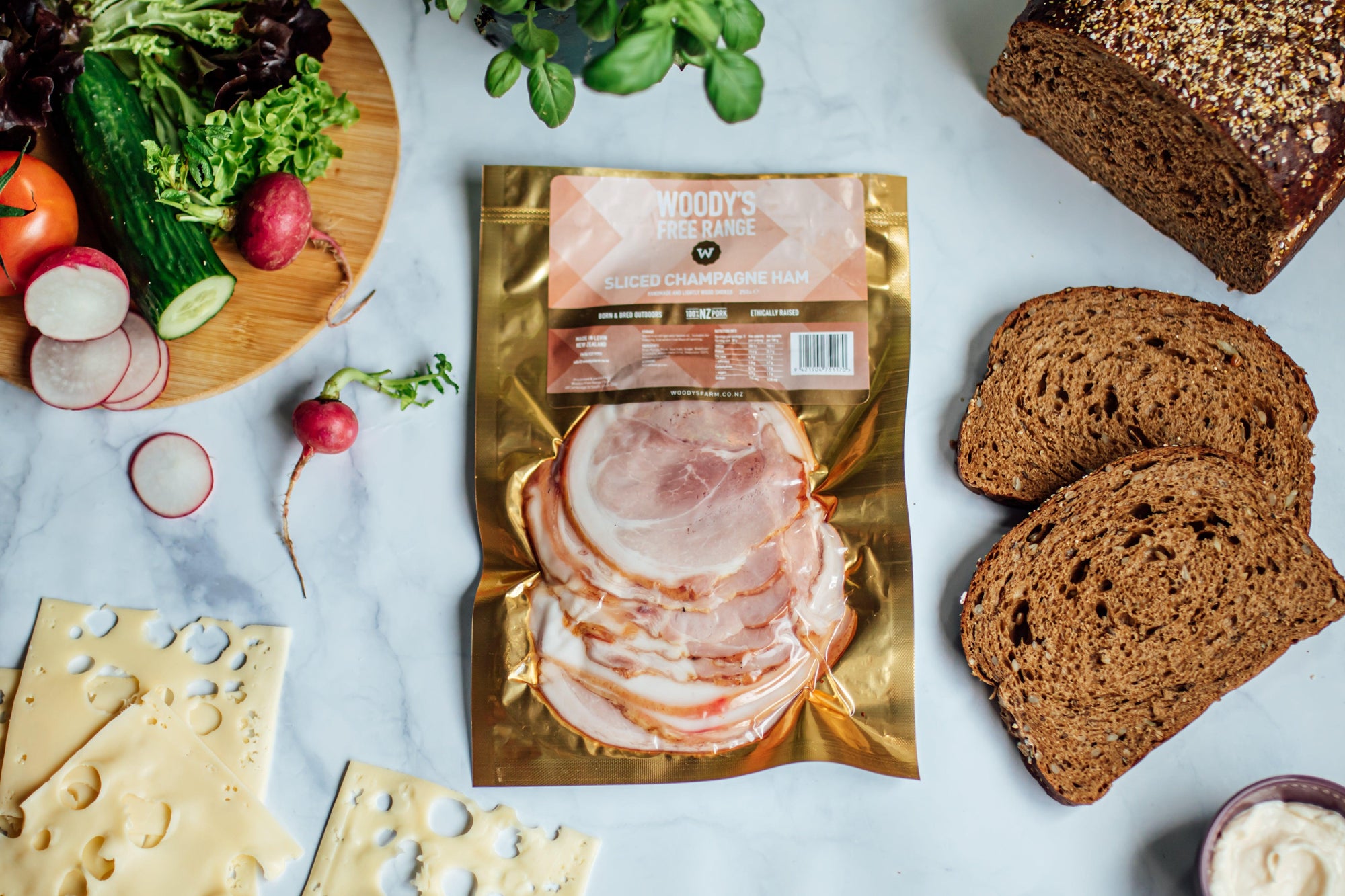Many people believe that free-range pork is better than conventional pork for several reasons.
Firstly, free-range pigs are typically allowed to roam and forage outdoors in a natural environment, rather than being confined to small indoor spaces. This means that they have more space to move around and exhibit natural behaviours, such as rooting and grazing. As a result, they tend to be less stressed and healthier than pigs raised in confinement.
Secondly, free-range pigs are often fed a more varied diet that includes foraged foods and pasture plants, which can result in more flavourful and nutritious pork. Additionally, free-range pigs are typically not given antibiotics or growth hormones, which can be used in conventional pork production to promote growth and prevent disease.
Finally, free-range pork production can be more environmentally sustainable than conventional pork production. Free-range pigs have more opportunity to engage in natural behaviours, such as rooting and grazing, which can help to improve soil health and reduce environmental impacts.
Overall, free-range pork can be a healthier and more sustainable choice for consumers who are concerned about animal welfare, environmental impact, and food quality. However, it is important to note that not all free-range pork is created equal, and the specific practices and standards of the farm or producer can vary widely.



